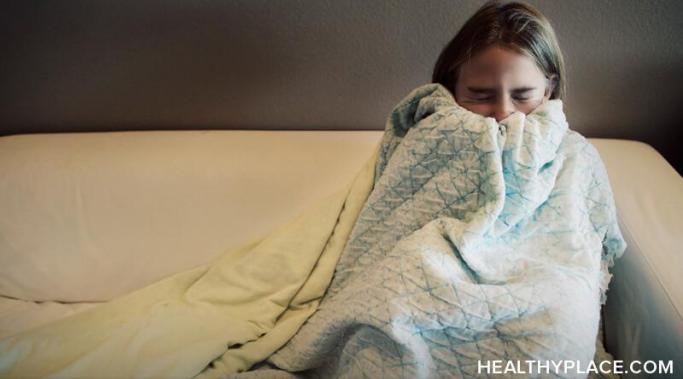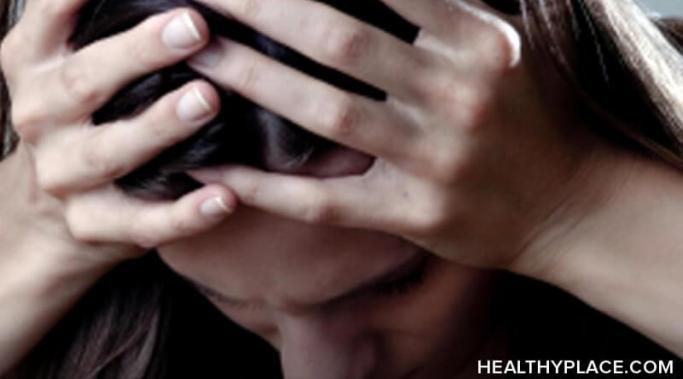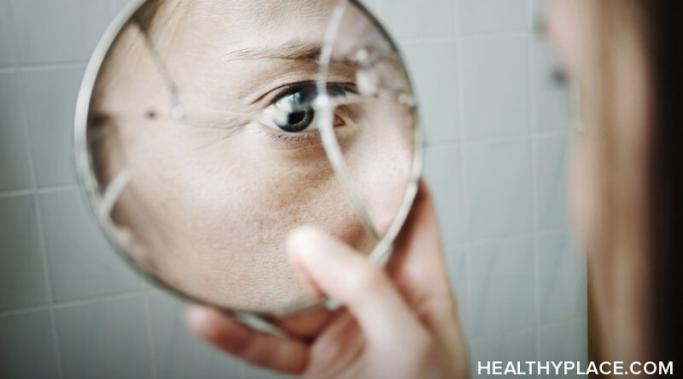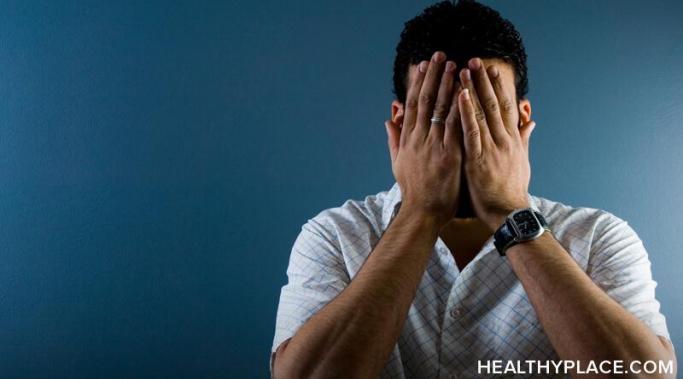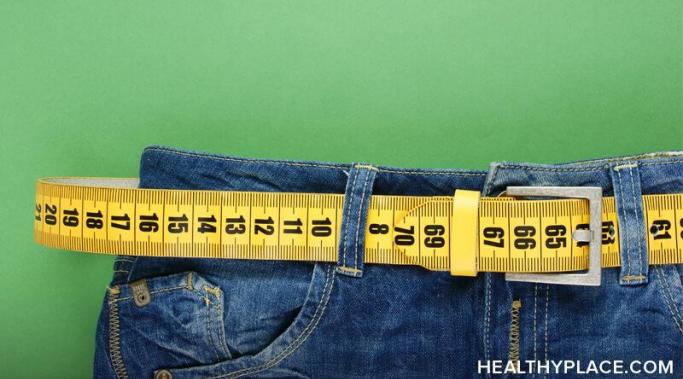The year 2020 has been stressful and overwhelming across the entire globe. Between the COVID-19 pandemic, the racial injustices, the political tensions, and the economic downturn, my level of anxiety builds each time I read the news or log into social media. This information overload can exhaust my mental health, but as I continuously must remind myself: stress does not justify an eating disorder relapse.
Eating Disorders Recovery
As a young woman, I am unfortunately no stranger to crude—and sometimes coercive—innuendos aimed in my direction. Like countless other women, I have been taught to use car keys as weapons of self-defense, and I know all the tactics designed to repel an attacker. However, not until I was sexually assaulted in 2017 did I recognize the full impact of this type of violation and the residual trauma it causes. Nor was I ready for how this would further exacerbate and complicate my eating disorder. But three years later, the truth remains: my eating disorder makes it difficult to heal from sexual assault.
In November of 2019, I moved to Arizona where the mountains and desert landscape are right outside my window. Before that, I lived in Florida, about 10 minutes away from the Gulf of Mexico's turquoise ocean and sugar-white sand. I always feel the most alive and at peace when I am outside, so it stands to reason, nature is my first line of defense in eating disorder recovery.
While these past several months of social distancing have been necessary to help contain the global pandemic, this continued isolation can adversely impact mental health. That is true for conditions across the mental illness spectrum, but I am particularly concerned about eating disorders and suicidal thoughts in the climate of COVID-19. (Note: This post contains a trigger warning.)
The suicidal thoughts that plagued my mind in the throes of my eating disorder recovery were expected. I hated my body. I hated myself. I hated my life and the society in which I lived that kept telling me I was not enough. One thing I did not expect was to still feel suicidal thoughts during my eating disorder recovery. (Note: This post contains a trigger warning.)
An estimated 9.2 million adults in the U.S. live with more than one form of mental illness, and that statistic does not even count the numerous children and people across the globe who experience this reality also. Two mental health issues that can co-exist with one another are eating disorders and panic attacks, both of which can escape detection or diagnosis. While panic attacks can range in severity and escalate for a number of different reasons, many of the same fears that cause eating disorder behaviors can contribute to panic attacks as well. If your eating disorder often co-exists with panic attacks, coping mechanisms are available to you.
It's not exactly a shock that eating disorders can wreak long-term havoc on how the body functions—even as the behaviors subside and a healthy weight is achieved. But did you know there is a correlation between eating disorders and issues with metabolic rate?
Can I share a fundamental, irrevocable truth that you just might need to hear? Your personal identity is more than an eating disorder. Even if you cannot imagine a life without this illness right now, I want you to know that recovery is attainable, and you are capable of existing in a world that does not revolve around your eating disorder. How can I voice this with absolute confidence? The answer is simple—in these past few years, I have been on a crusade to unearth and reclaim my own identity outside the diagnosis of anorexia nervosa; so if I can do this, I guarantee you have the same potential, too.
If you have a history of eating disorder behaviors or mindsets, then you have most likely body checked yourself, or stood in front of a mirror and scrutinized your reflection with a severe and merciless eye. Chances are, you understand how it feels to wither beneath your own cruel gaze which repeatedly dissects the size, weight, shape, and curvature of a frame that will never be adequate to you. This ritual is known as compulsive body checking, and it can worsen your eating disorder tendencies. But if that toxic pattern sounds familiar, rest assured, it is possible to break yourself of a compulsive body checking habit.
Just this morning, I opened my email inbox and noticed a subject line which read, "How many steps should you take to lose weight?" As someone who continues to battle thoughts of anorexia on a daily basis, my first reaction to seeing this was to click the email thread, so I could know the answer. I was even tempted to scroll through my mobile fitness tracker to ensure I habitually reach the step count required. But since I am also in committed recovery now, this initial reflex was supplanted by another, more constructive question: "Can fitness trackers worsen eating disorder behaviors?" Could monitoring the number of steps taken, floors climbed, miles run or walked, and calories burned increase the obsessive patterns which eating disorders thrive on? Based on my own experience, I think that answer is, "Yes."
